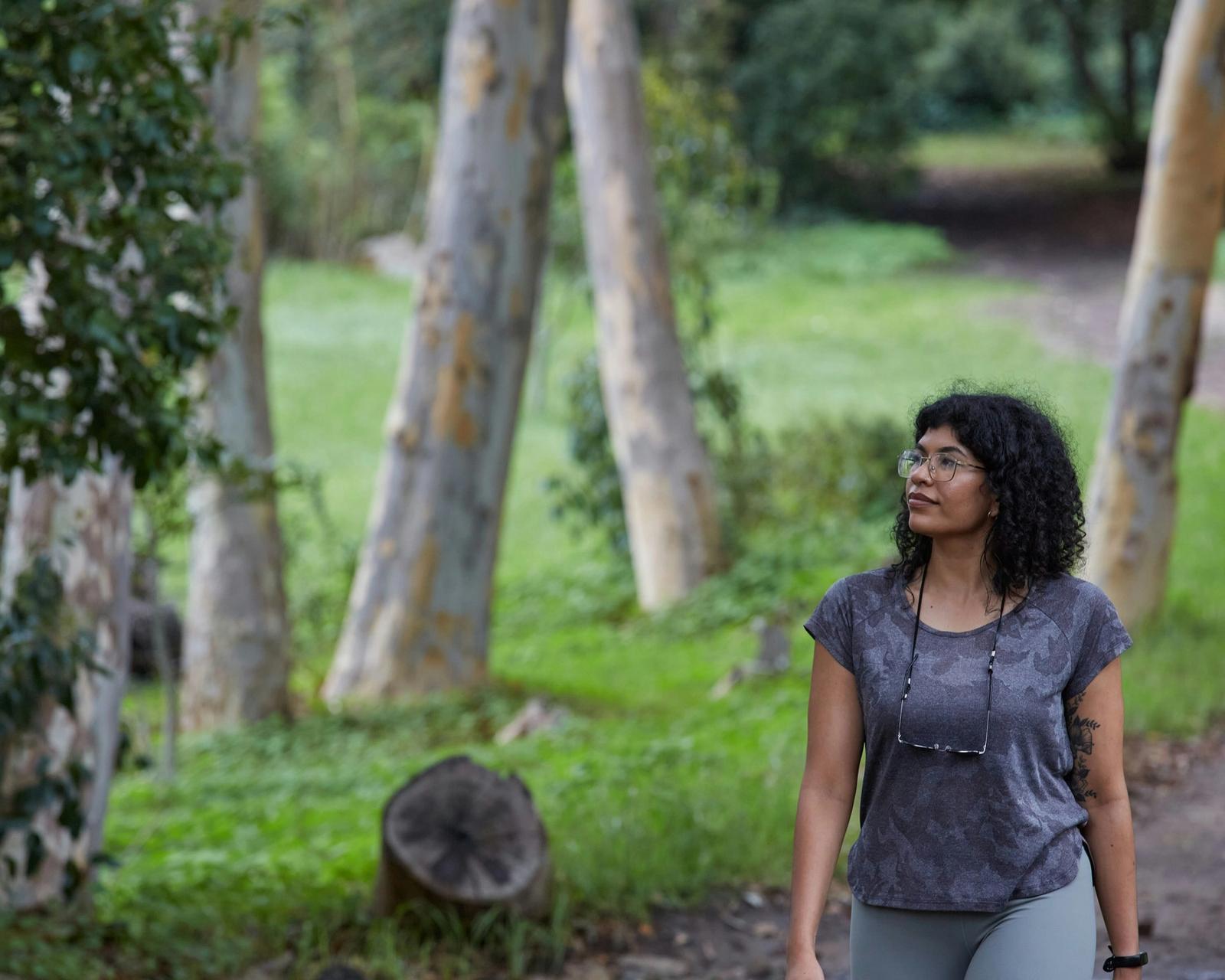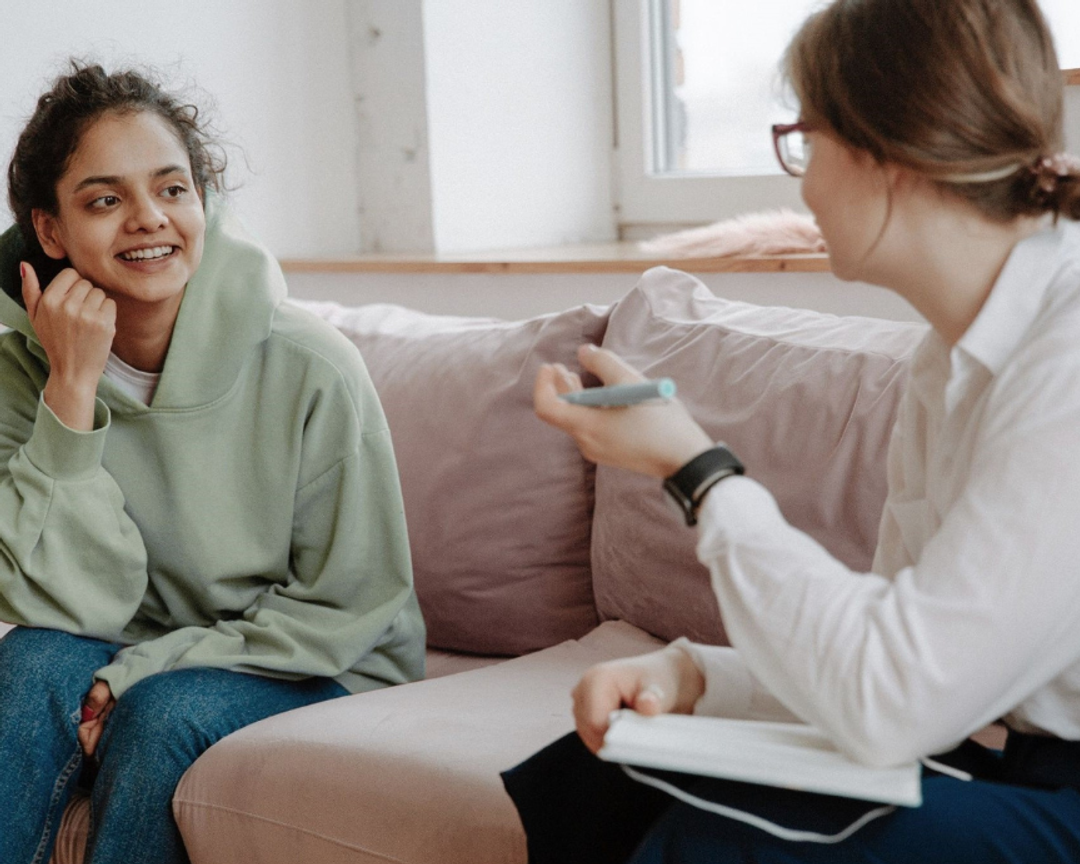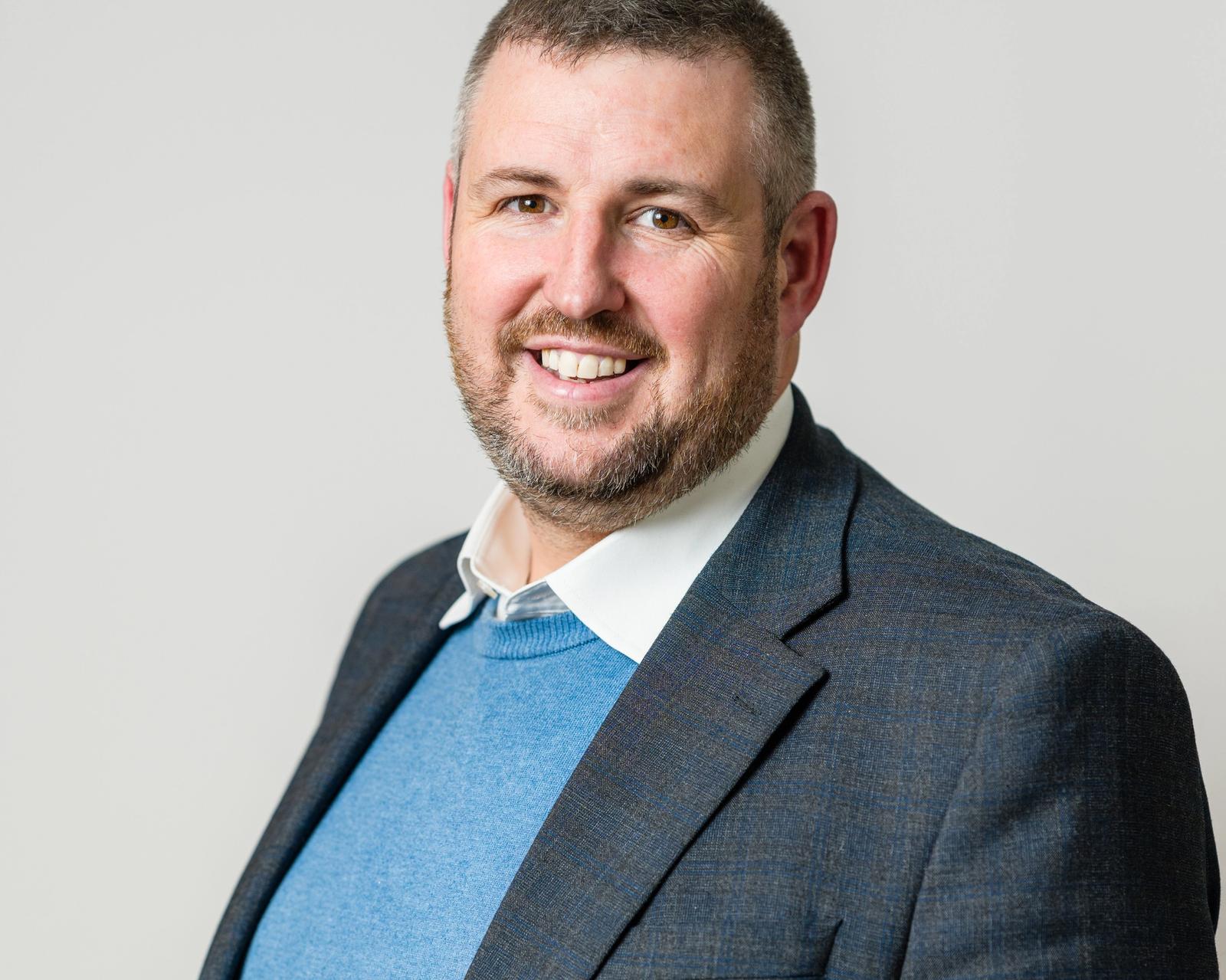Latest research shows us that there are around 13 million people who are currently perimenopausal or menopausal in the UK – equivalent to a third of the entire UK female population. Despite affecting such a large proportion of the population, the menopause can often be subject to stigma.
Led by the International Menopause Society, World Menopause Day takes place each year on 18 October. Fueled by the mission to raise awareness of the menopause, as well as promoting the support available, individuals and organisations are encouraged to get involved, and spread the message.
Firsthand experiences
To help aid our understanding, we spoke with colleagues in our Halifax office who have lived experience of the menopause to learn how it has impacted their lives. They shared insights on supporting others, common symptoms to watch for, and myths to be mindful of.
We hope by sharing these experiences, we can support in raising awareness of the menopause.
What effect has the menopause had on your life?
Claire: “I was not well-informed about the menopause, and did not understand that a lot of the difficulties I was experiencing were directly related to it. This included sleeplessness, extreme fatigue, mood swings, emotional sensitivity, confusion, panic attacks, memory problems, hot flushes, joint pain and headaches.
"I often felt lost, exhausted and vulnerable, leading to burnout that left me unable to work for weeks."
"I often felt lost, exhausted and vulnerable, leading to burnout that left me unable to work for weeks. Once I realised my symptoms were due to the menopause, I saw my GP and started HRT. It made a huge difference - the symptoms vanished, and I feel like myself again!”
Alex: “I’m in the position that both my wife and myself are simultaneously going through the menopause, albeit in very different situations – mine was swift and medically driven, hers is more gradual without any intervention. In both our cases, we view it as a positive. We are both neurodivergent and often have conversations around how hormonal changes have impacted our profiles, particularly in terms of executive function and sensory shifts.”
What advice would you give to someone who is supporting a person going through the menopause?
Claire: “This is not just for those going through the menopause, but for those in the peri-menopause.Read 'Menopausing' by Davina McCall, get regular exercise and good nutrition, do a form of yoga or meditation, and pay more attention to self-care.”
Alex: “Have an awareness of what is occurring and talk about it. Some things will need to shift, whether it’s your bedding situation, food and exercise needs, or just knowing that sometimes interactions might need debriefing due to mood changes.”
Are there any common myths about the menopause that you think need debunking?
Claire: “When people say ‘it’s all about hot flushes’ – it’s not! The mental and emotional side of it was much harder for me to deal with. However, everyone is different and for some women, hot flushes can have a huge impact on their lives.”
Alex: “That it only happens to women, and women of a particular age range. Anyone who has meno’d…can pause! This includes communities of trans/non-binary people, and those who have had medical interventions for other reasons - often it can be harder for these communities of people to access support or have their journeys normalised.
“As a trans person seeking HRT, I’ve faced some frustrations, but I believe there are many shared experiences in this journey. Ultimately, we all want the same things: access to the right healthcare and the ability to have control over our own bodies, whatever that looks like for each of us.”
Are there any lesser-known symptoms of menopause that people should be aware of?
Claire: “Osteoporosis, heart problems. Neurodiversity can make the menopause more challenging. ADHD has symptoms that overlap with menopausal symptoms, such as brain fog, fatigue, anxiety and sleep difficulties.”
Alex: “The impact on neurodivergence is really not talked about enough. I’m grateful to be part of a study into this currently, so it is coming into greater awareness, but I also think that the historical lack of research and resource for neurodivergent adults as a whole means that there simply isn’t enough information out there around what to expect and how to manage these changes.”
Do you have any experiences of the menopause to share? Let us know at @NorthpointMH



